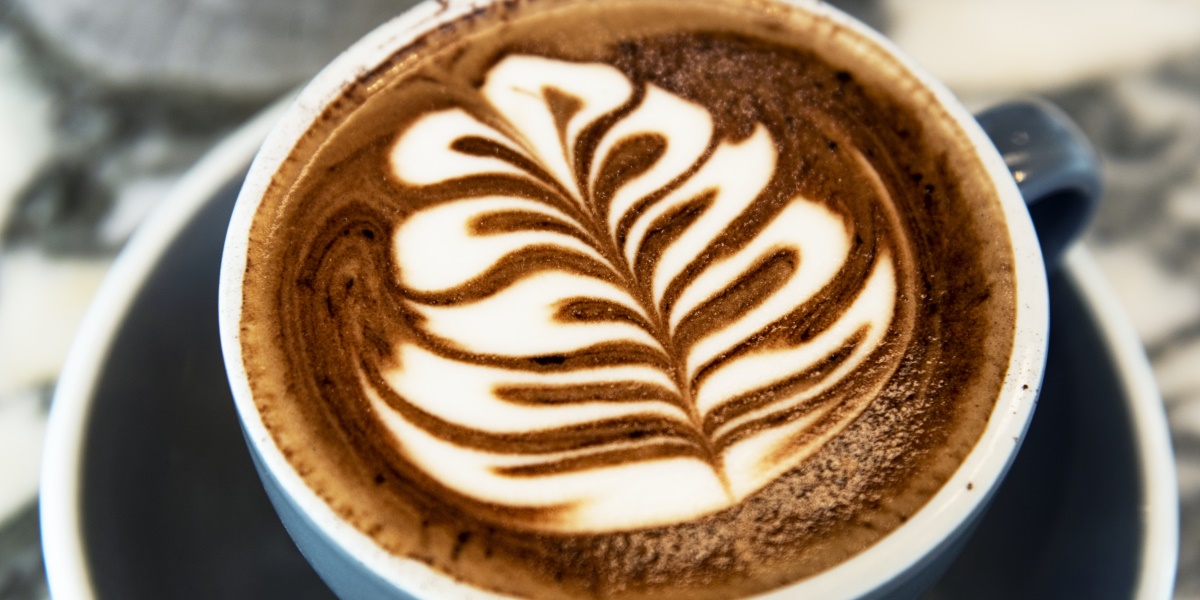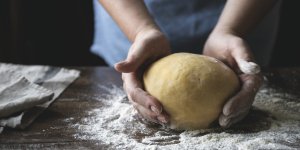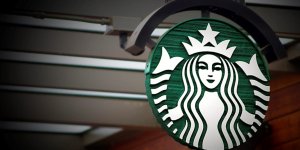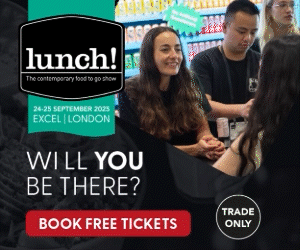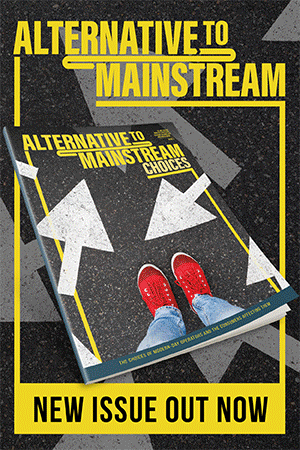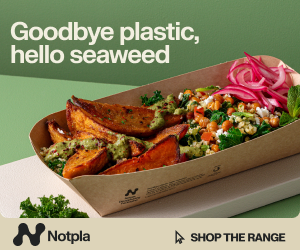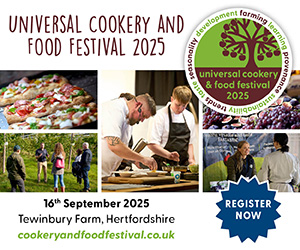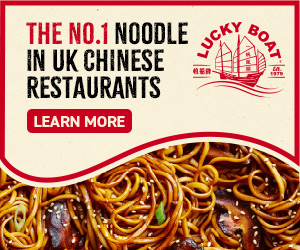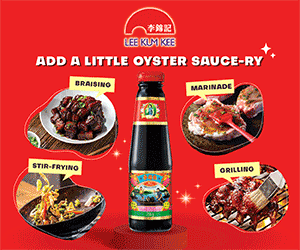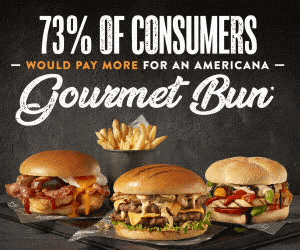A coffee break with...

Dirk Verlee
Trade and investment counsellor, Flanders Investment and Trade
What does your job typically entail?
I work with a fantastic team at the Belgian embassy in London, to make it as easy as possible for UK companies to set up in Flanders and for Flemish companies to trade in the UK. This involves working with partners to reduce bureaucracy and with individual companies to solve their challenges.
How did you get into the industry?
I started working as a commercial attaché for the Belgian government in Algiers and went on to become an economic representative for Flanders, respectively in Tunis and Paris, where I became the regional co-ordinator for the neighbouring countries. I worked my way up until I eventually joined the London office of Flanders Investment and Trade in November 2021 as the head of office. I am also the regional co-ordinator for the north of Europe.
How are food shortages and supply currently affecting the industry?
The introduction of news trading rules, following Brexit, immediately caused long delays and led to the destruction of some food produce. That issue eased, until the UK again experienced food shortages earlier this year. These shortages had a number of causes, including the weather, the economy and the war in Ukraine.
However, when supplies are low, and the home market is clamouring to take all your produce, there is no incentive for European Union [EU] traders to take on the additional complications and risks of exporting, unless you’re tied to a contract or are able to sell at a huge premium. Today everyone is curious to see how the border target operating model will affect imports into the UK as of the end of January next year.
What can be done to remedy this?
We have to ease the bureaucracy of trade between Britain and Flanders. During ‘normal’ times, it’s a barrier but people will work – and pay – to manage this. However, as we’ve seen, food suppliers won’t do this when they don’t need to.
Research carried out among more than a thousand UK traders for Flanders Investment and Trade in May 2023 found that nearly 74% of UK companies felt they had been forced to consider alternative markets due to the bureaucracy involved in trading with the EU post-Brexit. This why we’ve launched Gateway2Britain.
The application will require traders to fill out one dataset online, which is then automatically shared with all the relevant logistics and supply chain partners. The aim is to make trade between Flanders and Britain as frictionless as possible.
What’s your favourite Flemish food?
Chocolate, of course! We have a wide variety of them. I particularly like pralines. They were invented by Neuhaus, a Flemish company that is still active on the market. I was thrilled to see Neuhaus at our recent show, Flanders Finest Flavours, where a number of excellent representatives of the sector were present to showcase the finest flavours of food and drink products from the Flanders region.
And beverage?
Belgian beer – and UK connoisseurs also agree that it is the best in the world.
What is the biggest factor currently affecting the industry?
On both sides of the Channel, the biggest factor is uncertainty. This uncertainty is to a great extent caused by lack of information, and this is exactly one of our missions: to inform businesses about the new legal framework so that they feel confident again about trading.
What one piece of advice would you offer someone working in the industry?
If you’re struggling to trade with the EU, get in touch. We don’t charge and can make your life much easier.



